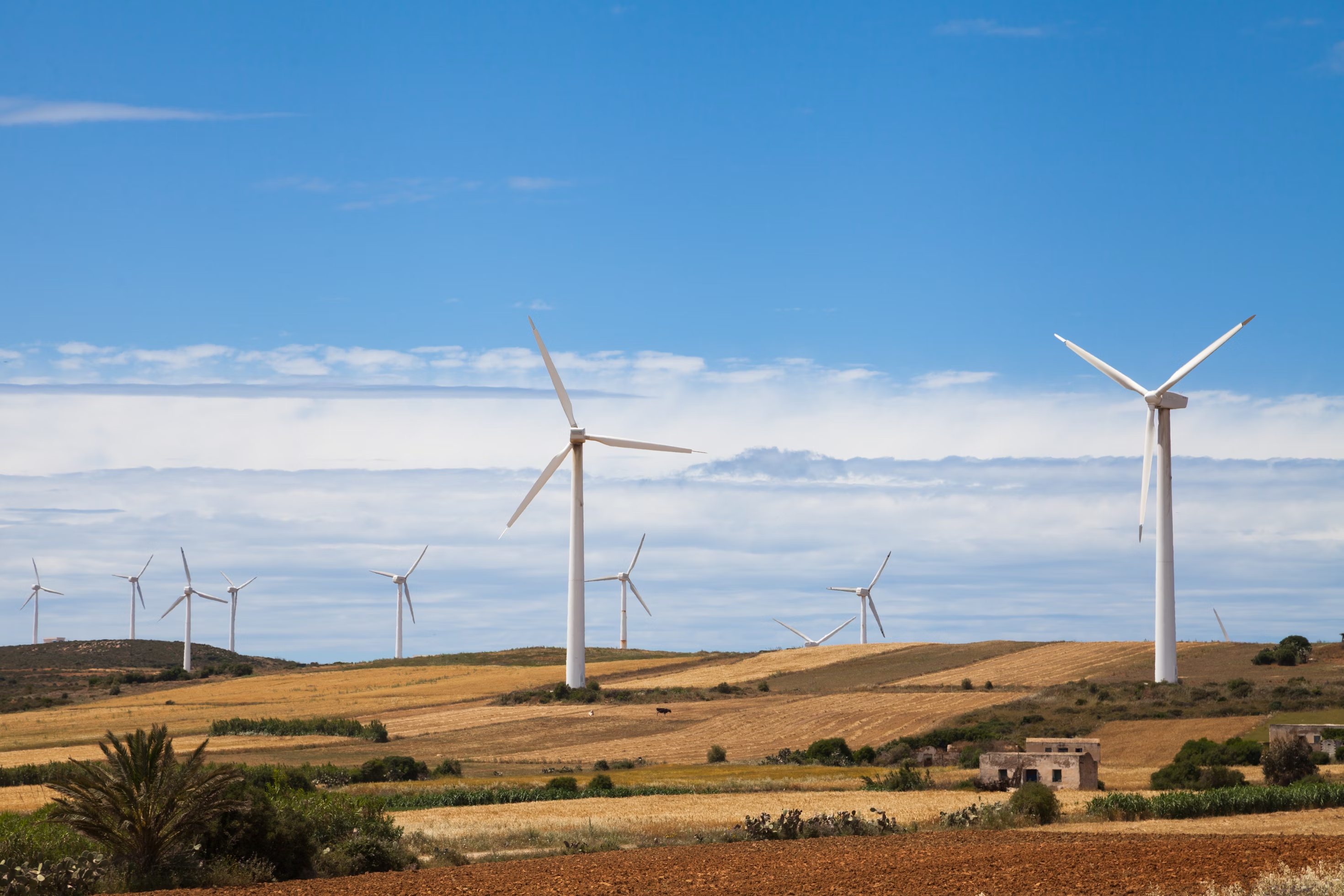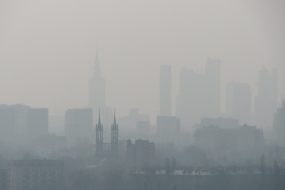Hurricane Milton is a category four storm, with maximum winds reaching up to 145 mph (233 km/h) as it approaches Florida’s Gulf Coast. Although it has weakened slightly from its previous category-five status. It remains a significant threat, particularly to the Tampa Bay area. It will experience severe impacts when the storm makes landfall on Wednesday.
Current Situation
- Evacuations: Florida is undergoing its largest evacuation effort in years. It is with mandatory evacuation orders for numerous counties: Lee, Hillsborough, and Sarasota.
- Emergency Preparations: Governor Ron DeSantis has activated thousands of National Guard members. It set up emergency shelters capable of housing thousands of residents.
- Impact of Previous Storms: This hurricane follows closely on the heels of Hurricane Helene, which caused significant destruction and loss of life in the region just weeks prior.
Potential for Catastrophic Impact

The National Hurricane Center has warned that Hurricane Milton could become one of the most destructive hurricanes on record for west-central Florida. The storm will bring life-threatening storm surges of 10 to 15 feet (3 to 4.5 meters) and localized rainfall totals of up to 15 inches (38 cm).
Environmental Implications of Hurricane Milton
Climate Change and Hurricane Intensity
The rapid intensification of Hurricane Milton is unusually warm sea surface temperatures in the Gulf of Mexico, which are 2 to 4 degrees above average. This phenomenon is climate change, which contributes to more powerful storms.
Storm Surge and Coastal Erosion
The projected storm surge poses a significant risk to coastal ecosystems and communities. Areas that experience high storm surges can face severe erosion, habitat destruction, and increased salinity in freshwater systems, which can have long-term effects on local wildlife and plant life.
Flooding and Water Quality
Heavy rainfall associated with hurricanes can lead to flooding, which not only disrupts human activities but also impacts water quality. Floodwaters can carry pollutants, debris, and pathogens into rivers and coastal waters, affecting both human health and aquatic ecosystems.
Preparing for Hurricane Milton
Emergency Preparedness
Residents in these areas are forced to finalize their emergency plans, gather supplies, and heed evacuation orders. Essential supplies include food, water, medications, and important documents.
Community Support
Local officials and organizations are mobilizing to provide assistance and resources to those in need. Community shelters are being established to support displaced residents during and after the storm.
Conclusion
Hurricane Milton is poised to be a potentially catastrophic event for Florida, particularly in light of the recent devastation from Hurricane Helene. The environmental implications of such storms are profound, highlighting the urgent need for climate resilience and preparedness in vulnerable coastal regions. As the storm approaches, residents must stay informed and take necessary precautions to protect themselves and their communities.














